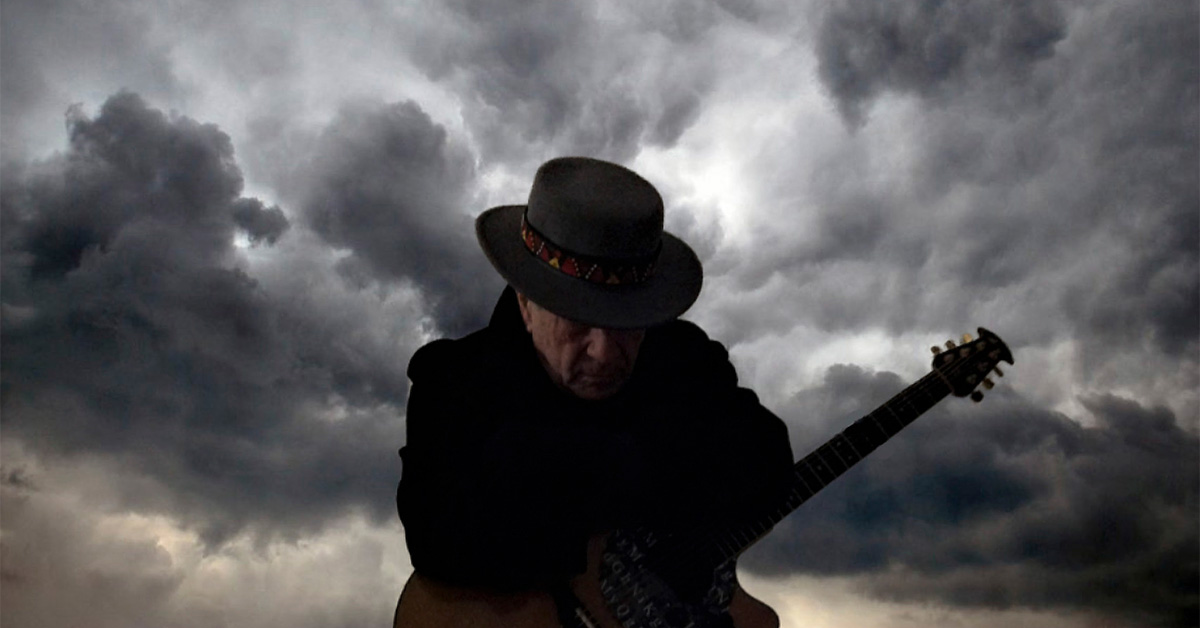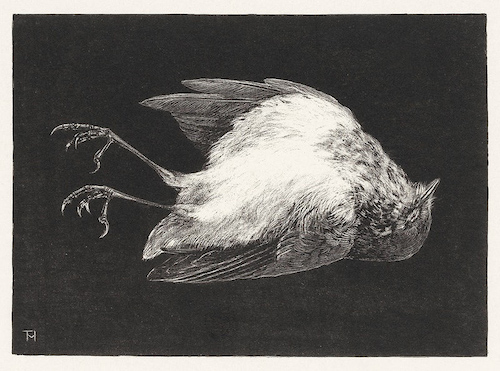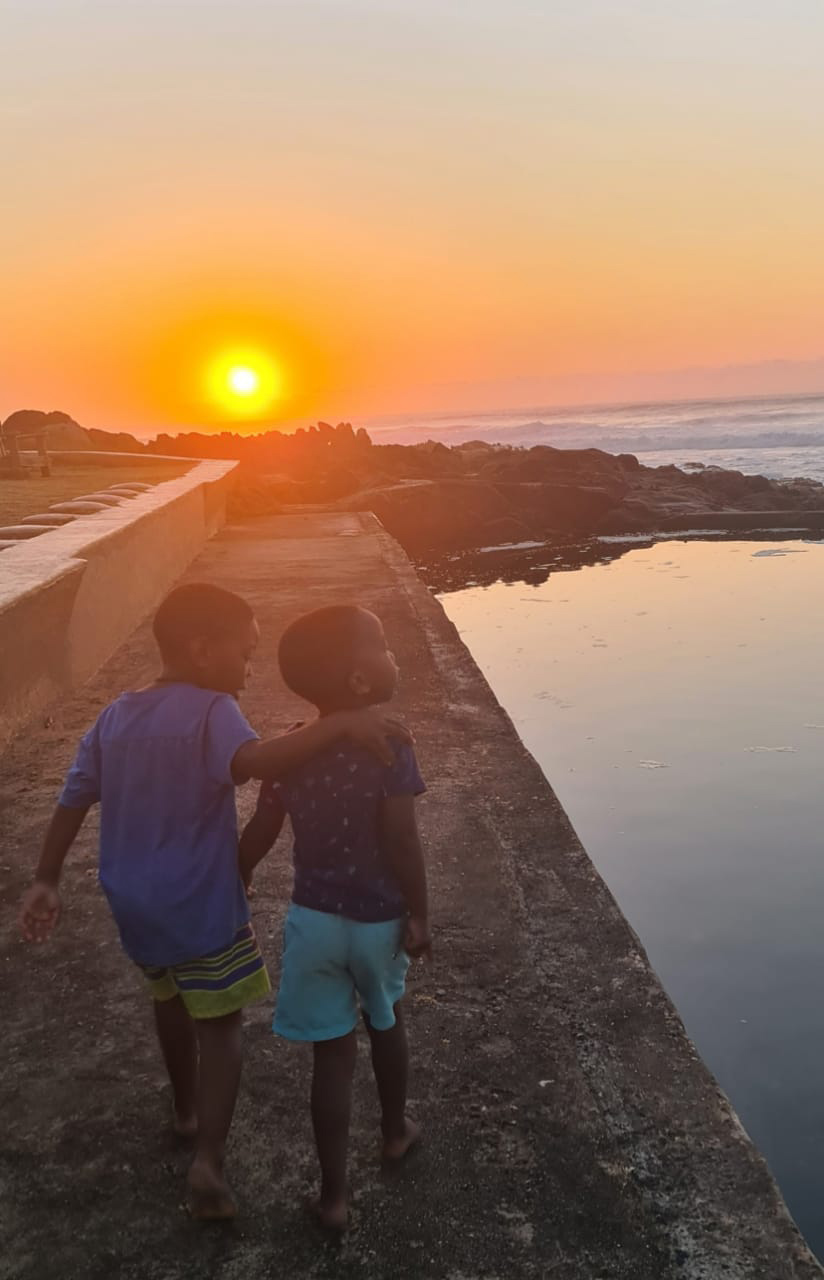

Prof Reitze Rodseth is an anaesthesiologist and critical care specialist working in private practice in Pietermaritzburg, South Africa. Photos by Miranda Rodseth.

I’ve never seen someone die like that.
His blood oxygen levels are low from the COVID infection. I have him on a 100% oxygen rebreather, but it won’t be enough. I used the last ventilator 30 minutes ago, and all the high-flow oxygen machines are in use. His blood oxygen saturation falls to 75%, and he’s sweating. He can’t speak, barely able to breathe. Eyes wild, pleading. His blood pressure starts to climb as his body tries to drive more oxygen to his brain. He knows he’s dying.
I circle the unit looking for a ventilator. The lady in bed 12 is dying. Despite the 100% oxygen and the aggressive vent settings, her saturation is 48%. If she holds on for another hour or two it will be too late for him. I wondered if she could die now. Ghoul.
His nurse calls me back – “Mr H is restless.” Confused from a lack of oxygen he starts trying to pull off his face mask. We restrain him. Saturation in the 60s, and his blood pressure climbs. He’s been sick for two weeks, 42 years old. He got COVID from his daughter, who was at home because of the lockdown. Despite all the medication, he didn’t improve. Our treatment attempts have failed as well.
I’m so tired of people dying. The last time I signed this many death certificates was 20 years ago while working as a medical intern in paediatrics. Then it was young babies and toddlers dying from AIDS. Every night that I was on call, at least one died, and every night I would speak to a mother to tell her that her child had just died. I abandoned paediatrics and instead trained in anaesthesiology and critical care. Now, at the peak of South Africa’s second COVID wave, it’s three or four certificates a day. I wonder if I’ll abandon this once it’s over?
His fear starts to recede as he slips into unconsciousness. Hemingway comes to mind: “… slowly at first, then all at once.” His breathing slows, saturation into the 30s, and then the convulsions start. Blood pressure 280/140, heart rate 150 beats a minute.

My friend died in this ICU. He was a surgeon. We worked together in the theatres, and when he got COVID, they asked if I could help. Eight weeks later, he was gone. As he lay unconscious on the ventilator, his wife asked me to play him a voice recording from his three-year-old son. My son is in his class at school.
What now? Mr H needs a ventilator, and I don’t have one. If I intubate him, we will have to hand ventilate him, and it won’t be sufficient to keep him alive. I’ve already pulled four ventilators out of the theatre, and we are using the two reserve transport ventilators from the emergency department. If he dies, we have a space for someone waiting in the emergency department. How will his family react when I phone them? Does he have children? I try to get his oxygen levels up using a mask and a hand-held
bag ventilator.
I remember phoning a wife to tell her that her husband had died from COVID. He only spent three days with us. She didn’t pick up the phone. After 30 minutes I had tracked down her work number. They told me she died that morning on the way to the emergency department. They gave me her daughter’s cell number.
His heart stops. I don’t do CPR – there is nothing more we can do. Forty-five minutes later, as I’m writing out his death certificate, the next patient arrives. Her saturations are in the low 70s.
To call this a difficult time is a grand understatement. It felt hellish. But, as I think back, I find myself unable to recapture the intensity of those experiences – the sharpness of the memories blunted by time, yet also adding something more to them.

I remember the pain of my friend’s death. But I now also remember how his wife stopped the funeral procession, got out of the car, and came over to hug and thank me. Through the tears, I remember seeing the nursing staff walking behind the hearse, singing and dancing in his honour, as it drove out.
I remember the hopelessness and despair as our medical team worked and worked and worked. But I now also remember the deep character and commitment of those who worked beside me. Colleagues who have become real friends. Friends with whom I now share my own medical struggles.
I remember the 80% mortality rate of our ventilated patients. But I now also remember Mr A, who, once in a while, phones me to tell me how he’s doing. We looked after him for six months, five of them on a ventilator. He’s just started walking without home oxygen. I get a hug from his wife every time I see her.
I remember where I sat as I completed the death certificates. But I remember how our nursing assistant now smiles at me and stops to chat as she walks past that desk. Her 64-year-old mother went home after four months in the unit. When her mother cooks for the family over the weekend, I sometimes get a special delivery on Monday.
Of course, I got COVID, together with a litany of complications. I had to stop exercising. Then I had to stop working for a few months, and then I resigned from our medical practice. I’ve been sleeping so much that my kids think I get paid for it. After taking my morning tablets, I’m so full I only get hungry again at 10:00.
When I think about my current state of health, it’s difficult. I feel hopelessness and despair. But I now also remember those who did not make it through the infection, and I’m deeply grateful. E. M. Forster wrote, “Death destroys a man, but the idea of Death saves him.” Facing death has driven me to a deeper search for God’s transcendent value. To find his meaning and purpose in even the most mundane.
As I hobble around on my crutches, I feel pain and fear. But I now also remember those who did make it through the infection, and I’m grateful. Scott Fitzgerald wrote that “there was no difference between men … so profound as the difference between the sick and the well.” The life scars on my body and mind remind me that there are no “well.” The divide between the sick and the healer is artificial. The patients who see my scars now welcome me as one of their own. As they share their stories, I too welcome them.
I now remember that in my weakness, his grace was sufficient. I now remember that in my weakness, his grace is sufficient. Now, after my difficulties, I dimly see how I might delight in my difficulty.


Get the latest issue in print or subscribe for the next three.
The Kirby Laing Centre for Public Theology in Cambridge. Charity registered in England and Wales. Charity Number: 1191741
Kirby Laing Centre, The New Mill House, Unit 1, Chesterton Mill, French’s Road, Cambridge, CB4 3NP
© 2024 The Kirby Laing Centre for Public Theology in Cambridge